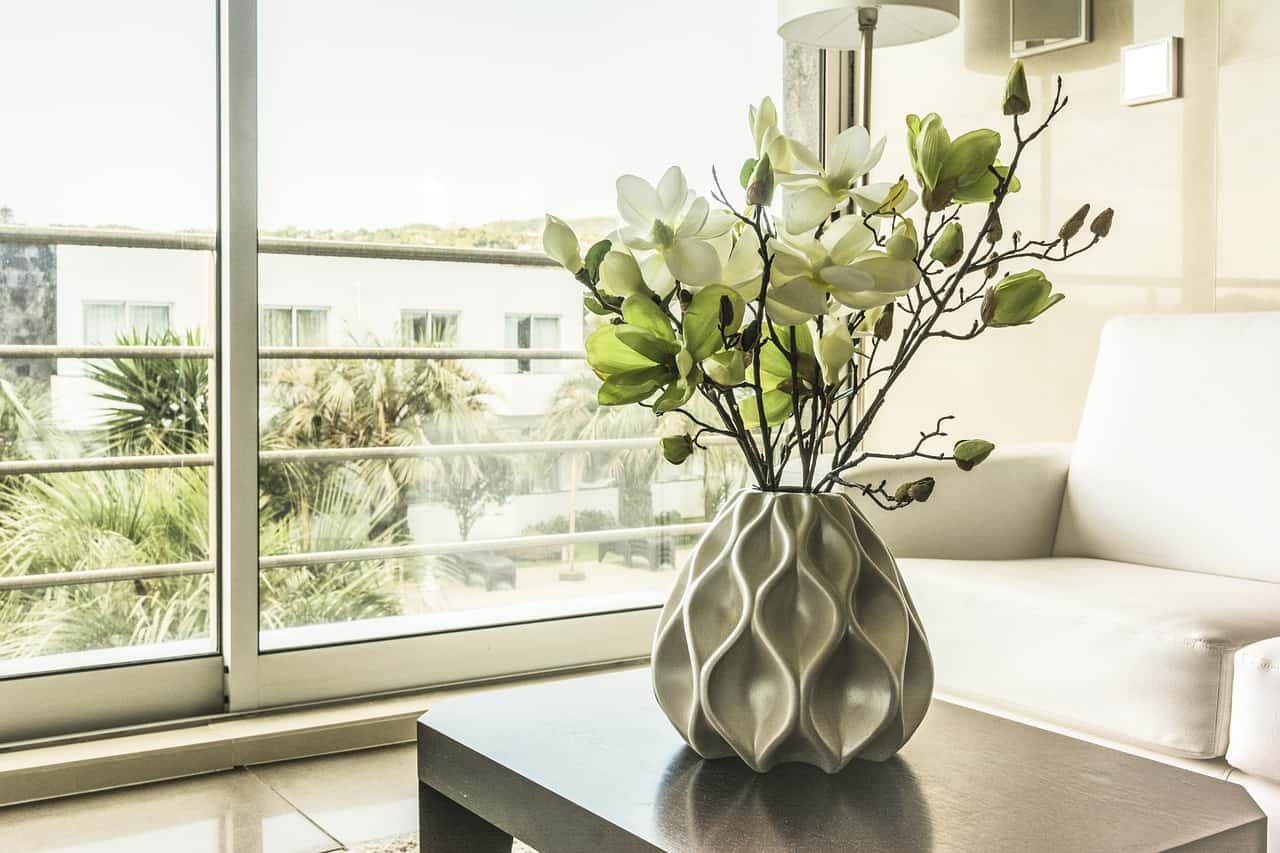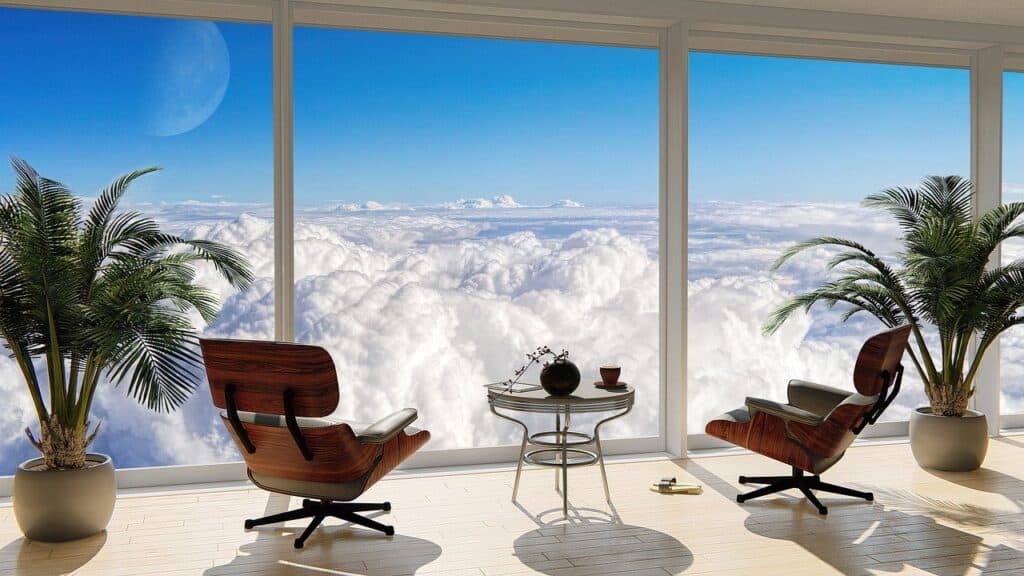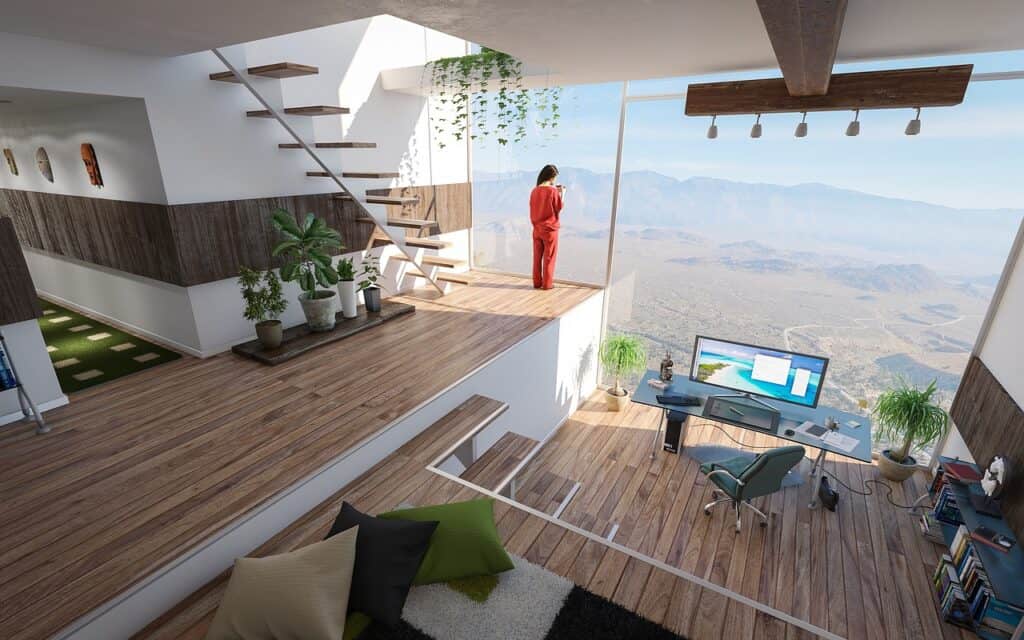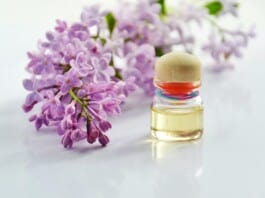
Ionization of the dwelling
To improve our quality of the air in the home we need ionization. Our health is at risk when we breathe polluted air from the urban environment. The most important aspect of the environment in which we live and of which we are least aware, is the air we breathe, the actual atmosphere inside the house.
Breathing dark air means leaning on the same old problems, worries and attitudes. In a harmonious atmosphere smells fresh and clean. We don’t smell heavy, stuffy. Breathing is essential for life, calms us, relaxes us and energizes us. Fresh air means new ideas, perceptions and positive attitudes.

We have all already noticed, when we stand on the seafront, in a clean environment, how refreshing the air is and how the lungs yearn for it, breathing deeper and deeper. What we feel is the effect of negatively charged oxygen molecules, which are created naturally by sun, lightning and water splashes.
How do we create a fresh atmosphere?
Air ionization is paramount to maintain good health. Urban dwellings are polluted with all kinds of powerful chemicals, particles and electromagnetic fields and contain only twenty percent of the natural amount of negative ions. This can lead to irritation of the bronchi and sinuses, sensations of lethargy and pressure.
How do we create a fresh atmosphere in our home, is it a question I get frequently? Most of the time it’s intuitive and we all feel like we know what to do. It’s easy, it’s hard, the most important thing is to take action early. Our health is also about the harmony of the space in which we live, the air we breathe– not just healthy food.

In order to improve the amount of negative oxygen ions in our home and create a fresher atmosphere, we need to reduce the causes of the decrease in negative ionization and then apply a method of producing more negative ions. Here are some simple ways to reduce the loss of ionization:
- Reduce as much as possible dust and chemical pollutants in the home.
- Let’s buy carpets, rugs and materials made of natural fibers that do not produce static electricity as synthetic fibres do.
- Let’s turn off the TV and computer when we don’t necessarily need them, because they create strong magnetic fields that reduce the number of negative ions around them.
To generate negative ions we have three main options. It is good to keep in mind that none of these can fully compensate for the serious loss of negative ions in a highly polluted urban atmosphere, but by making minimal effort to improve air quality, it will be in mind that our home has become a little more natural and harmonious than before.

A miniature artesian waterfall or fountain inside the home may have some ionization effect. Sprays and vapours, like any jet of water, should be exposed to natural light or any other source of ultraviolet light.
Feng Shui theory recommends houseplants. It is known that the metabolism of certain plants produces charged ions with negative load. These plants include fern, evergreen plants and trichocereus peruvianus cactus.
Ionization devicesgenerate negative oxygen ions. These machines are found in different shapes and sizes, but they also have some drawbacks. Their internal and structural components can contribute to the amount of chemical toxins in the atmosphere, and the electromagnetic field they produce can create more serious problems than they propose to solve.
Ionization of air with aromatic plants

Flavoured plants and natural volatile oils are an ideal source for ionizing and refreshing the air in our home. Everything that comes from nature creates the harmony of our lives.
Indoor sprays or aromatizers are the least effective for air freshening. It works on different principles, but all produce more toxins in the atmosphere, such as formaldehyde, naphthalene, xylene, ethanol and phenol.
These chemicals work by blocking or interfering with the nerve extremities of the nose, so they are actually disabled. Others chemically neutralize odors or cover them with a stronger one.

Healthier variants for ionization of space include the introduction of fresh flowers into the home, the spread of small pots with baking powder or white vinegar through the house, the vaporization of air with natural aromatic volatile oils, or the use of potpourri with aromatic plants.
If the only solution to let fresh air enter the rooms is the use of fans or the opening of windows, we expose another rather important upsetting factor, namely noise. Feng Shui art recommends simplicity and proximity to nature, where our body has the power of self-healing.



